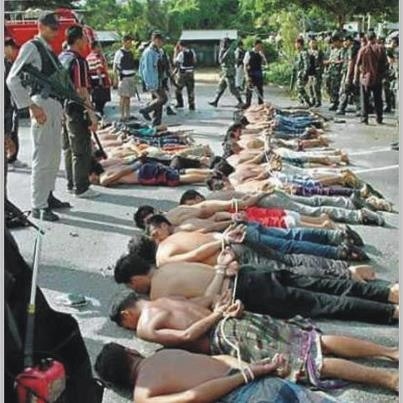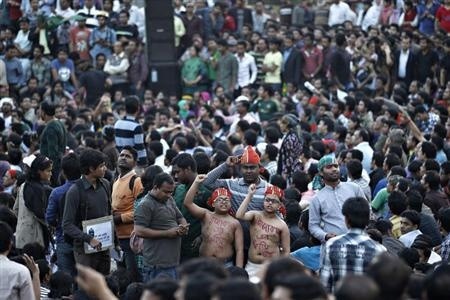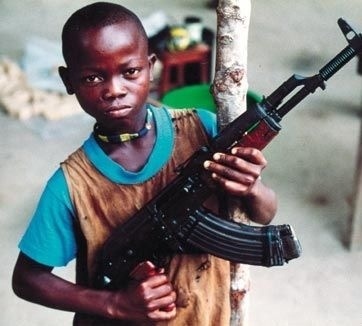
Burma, also known as Myanmar in common English, situated in Southeast Asia and bordered by India, Bangladesh, China, Laos and Thailand is the 40th largest in the country in the world, and the second largest in Southeast Asia.
Religious diversity percentages host a 89:4:4:2:1 ratio as per Buddhism, Christianity, Islam (approximately 6-10% of the population), other religions and Hinduism respectively. Originating from India and China, Muslims were brought to Burma by the colonising British.
More than 20000 Burmese Rohingya Muslims have migrated to Bangladesh over the past 20 years to escape on-going persecution. Rohingya Muslims often still have problems with their citizenship and some still live in Burma as illegal immigrants.
Currently tipping into the 20th century, the spirited anti-Muslim and anti-Indian movement has hosted riots from the early 1900s.
History of Burmese Muslims, and their deaths
Byat Wi, the first Burmese Muslim according to Glass Palace Chronicle , is reported to have been killed under the rule of Mon, a Thaton King, circa 1050 AD, who reputed his strength. The execution of two of Byat Wi’s brother’s sons followed, as they refused the orders of forced labour by King Mon.
Rahman Khan (Nga Yaman Kan) was assassinated by a sniper for religious and political reason, after committing treason to his king.
The most famous of historic Burmese Muslim killings is arguably the massacre of Mogul Emperor of India Shah Jahan’s son, Sultan Shah Juha’s followers in Arakan. However, these killings were reportedly unrelated to religion or community, but rather politics. After losing to his brother, Aurangzeb, he is reported to have fled with his family to Arakan where he traded with Arakan and Chittagong pirate king Sandathudama (1652-1687 AD) who eventually grew greedy and attempted to force himself on Shah’s daughter. Following a reportedly unsuccessful rebellion, Shah and his followers were killed (Shah’s death is disputed, but his death is concluded based on numerous reports).
Muslims who lived under Burmese king Bayintnaung (1550-1589 AD) were prohibited from celebrating Eid as well as eating halal food by means of slaughtering animals according to Islamic ruling. King Alaungpaya (1752–1760) also prohibited Muslims from sacrificing animals in the name of God.
King Bodawpaya (1782–1819) was known for having notoriously killed 4 Burmese Imams (Islamic leader in related context) who refused pork ingestion.
1900s
The 1900s saw many anti-Indian and anti-Muslim riots in Burma under British rule. Originally diverse by race and culture, Muslims were placed as one by the Buddhist majority and the British after the First World War. Tribes of Burma and Yegar Muslims blame the anti-Muslim and anti-Indian sentiments on early persecution of Buddhist and Hindus during the Mogul empire when they were forced to accept Islam. It is also blamed on a lower standard of living, degraded work, Indian colonialists, Indian-controlled monopoly of the economy, competition and the recession.
Riots in 1930 and 1938 proved the extent of anti-Muslim and anti-Indian movement, the motion eventually intervened by the British. Despite an enquiry by The Simon Commission stipulating that separate land be given to Burmese Muslims, that they attain full citizenship, be allowed to follow and practice their religion and customs, be allowed to own and trade property, be allowed to receive government grants as per their educational and charitable institutions, and also encouraged a separate government independent of India, the British rejected all but the separation of government suggestion.
Burmese action against minority groups was shockingly original in defying the British, but using the Muslims and Indians as methods to initiate rebellion had proven easier than simply starting one without anyone to take the fall. Disguised as Muslim and Indian-hatred, riots, protests and political movement were fuelled by extreme media support, newspapers being their main source of inspiration.
1938 saw the Burmese start a campaign against minority groups, sparking violence and brutality. Muslims were assaulted and killed, and their properties destroyed. According to Yegar Muslims, 113 mosques were destroyed in Burma.
Sourced by Yegar Muslims, political movement had been a key factor in Muslim rejection in Burma. After the formation of the Burma Muslim Congress before World War II, influential U Razaq was elected President. However, after rejection of a Muslim department for Muslim affairs, the former party was asked to dissolve. Buddhism was then declared the state of religion against any or all minorities. Ruling against Muslims had intensified, especially in regard to customs, religious sacrifice and pilgrimage.
1962’s period worsened the situation when General Ne Win removed Muslims from the Burmese Army. External influence against Muslims in other countries somewhat directly affected Burmese Muslims. Violence and brutality extended to the Burmese Muslims as actions against Islamist extremists in Afghanistan and Indonesia furthered the intensity. Buddhist monks, known to proclaim peace and harmony, destroyed mosques, property and massacred Muslim communities, causing Muslim rebellion and interest in resistance groups.
March 1997 furthered Muslim persecution when a special, historic Buddha statue was vandalised. ‘Houtman and Gustaaf’s Mental Culture in Burmese Crisis Politics,’ states that the statue was left with a gaping hole in the centre where a magical ruby of victory was presumed to have been. A crowd of 1000-1500 Burmese monks and citizens began rioting against Muslims in Kaingdan, Mandalay on March 16th, 1997, after a supposed rape of a girl by Muslim men. Homes and shops were looted, mosques and transportation destroyed and burnt. Image Asia had originally provided pictures, but has removed them. The Chronology for Rohingya (Arakanese) in Burma reports that three people were killed and 100 monks arrested.
Extreme rebellion was displayed in 2001 when Burmese monks and anti-Muslim protesters began distributing pamphlets called Myo Pyauk Hmar Soe Kyauk Sa Yar (The Fear of Losing Ones Race). However, Crackdown of Burmese Muslims, published in July 2002 states that the origin of the anti-Muslim movement in this case was somewhat based on the unrest in Bamiyan, Afghanistan. Anti-Muslim riots in May 2001 hosted violent, brutal killings and destruction in the Pegu division of Taungoo. Around 200 Muslims were killed, 11 mosques demolished and 400 houses burnt down. 20 Muslim men were killed whilst praying in the Han Tha mosque, and others beaten to death.
Flourishing in 2012, Burmese Muslim persecution and the general sense of overlooking the abused human rights situation in Burma is troubling. It’s late to realise the on-going extent of persecution and ignorance, but correcting the lack of action is worthy. Mainstream media has been slow in reporting, and Burmese censorship over state information has limited journalists from distributing material. Surprisingly, the law is claimed to have been altered this week, according to the Buddhist-controlled Burmese authorities, and the media have been slightly more active in involvement. However, the silence of Nobel Peace Prize winner Aung San Suu Kyi has questioned her credibility, with only rumours to fuel her already-doubted position. As the internationally acclaimed and active face of Burmese politics and human rights in Burma, her unexpected lack of opinion as well as action is shocking. Rumours of her request for European military intervention are without source, and Burmese military action itself is poor. One can only hope she does in fact, live up to her image.




